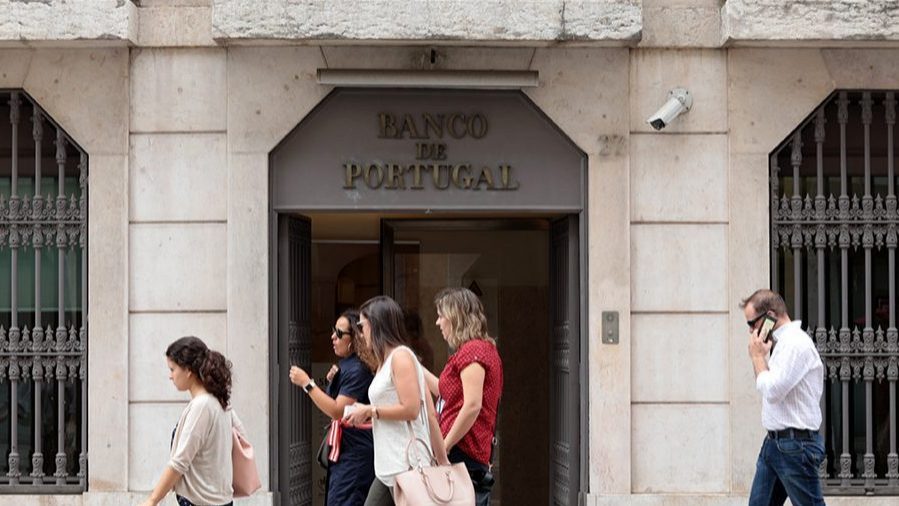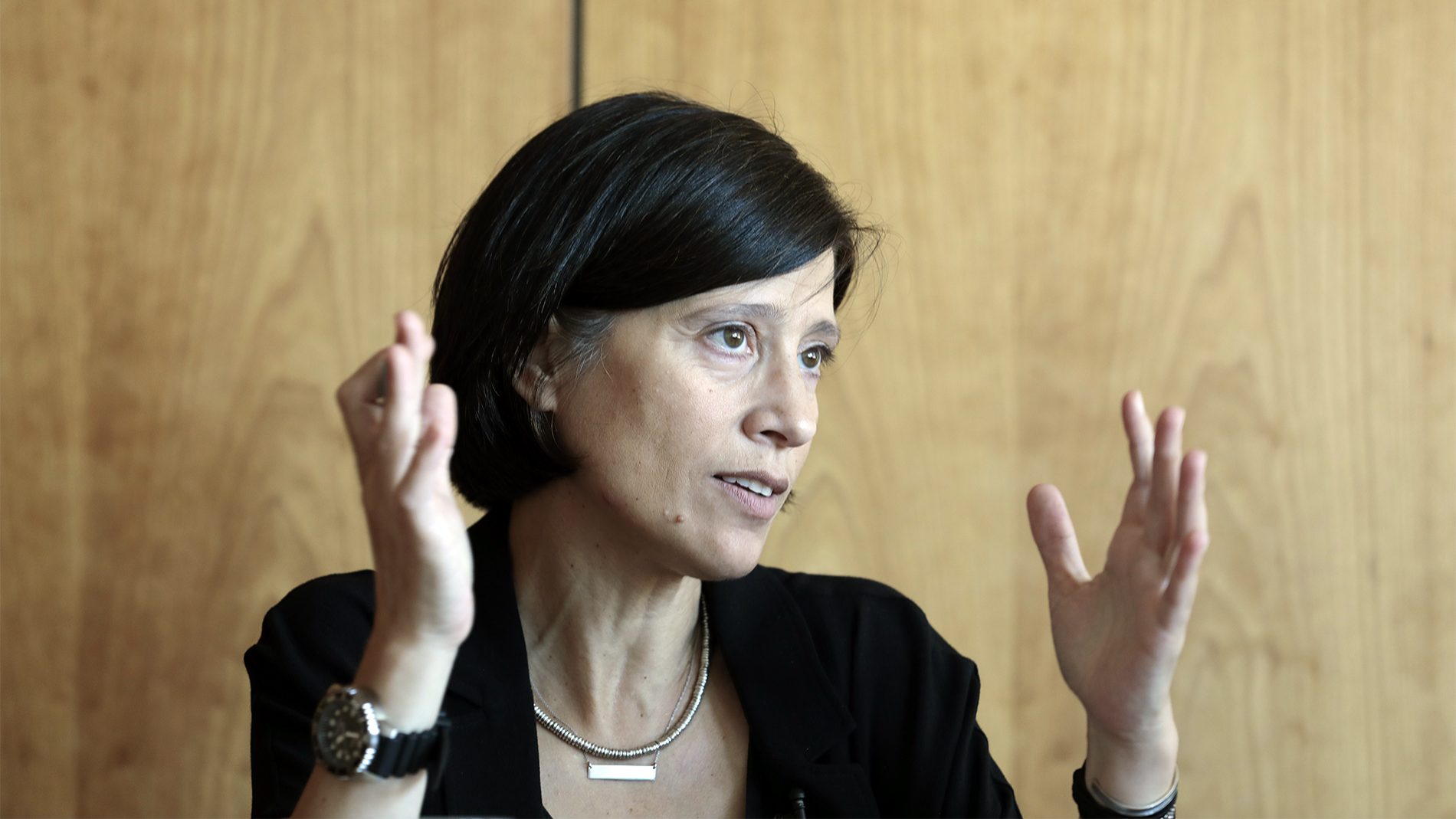Porto ‘raised €10.4m’ in 2018 from city tourist tax levied since March
Porto has raised €10.4M in tourist taxes which came into force in March. These were applied to more than 5.2 million overnight stays in the city since that month.
Porto city council last year raised €10.4 million from a tourist tax that started being levied since March, with it having been applied to more than 5.2 million overnight stays, its top economic official said on Tuesday.
At the public council meeting, Ricardo Valente explained that last year saw €8.8 million coming into city coffers from the tourist tax, but that if amounts collected in January for 2018 are included, the total is € 10.4 million.
“It was a very positive year, in terms of revenues and in terms of overnight stays and guests,” he said. “Porto and the region saw growth of 4.3% in guests, and revenues grew by 12%. In Porto we had in 2018 more than 5.2% [growth] in overnight stays, which is truly extraordinary.”
The municipal tourist tax of Porto came into force on 1 March 2018, at a rate of €2 per overnight stay, levied on guests aged 13 and over, for a maximum of seven nights in a row.
On short-term rentals – categorised in Portugal as ‘local accommodation’ – Valente said that the municipality last year received a total of 3,000 new applications to register. That brings the city’s total to some 7,300, representing a “slowdown in growth” in this segment, Valente said.
As for financial execution, Valente said that the Airbnb accommodation platform, on which most short-term lets are listed, had handed over €1.8 million from the tourist tax to the city, in the period up to the end of November. Most of this revenue came in the first quarter of the year, with a slowdown seen throughout the year, he said.
He said that the municipality pays a 2.5% commission to such entities for collecting the tax, and that it has so far paid them “close to €7,400”. This is, he argued, “a clear incentive for the administrative work” relating to its collection, with the amount received by the city more than justifying this cost.
Porto has, Valente reported, “shown great resilience to the clear deceleration of tourist flows in Portugal” as demand from northern Europe falls off. The latter phenomenon is being offset by an increase in numbers from Canada and Asia, he said.
In December 2017 Porto’s mayor, Rui Moreira, said that the estimated annual revenue from the tourist tax would be some €6 million, and that it would serve to “mitigate the impact of the tourist footprint” on the city, rather than to invest in marketing or other areas of the tourism sector.




